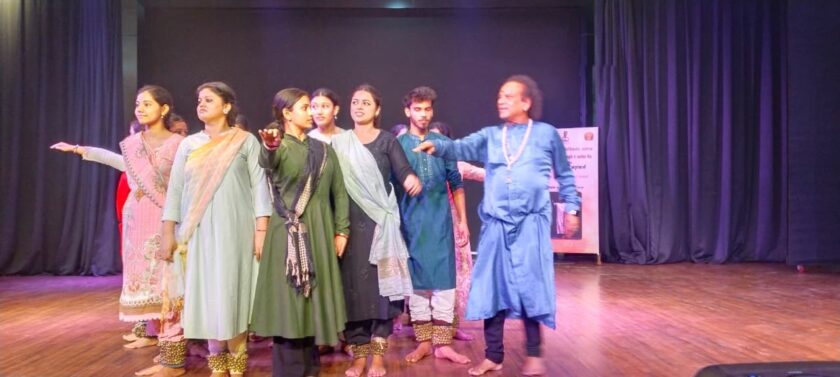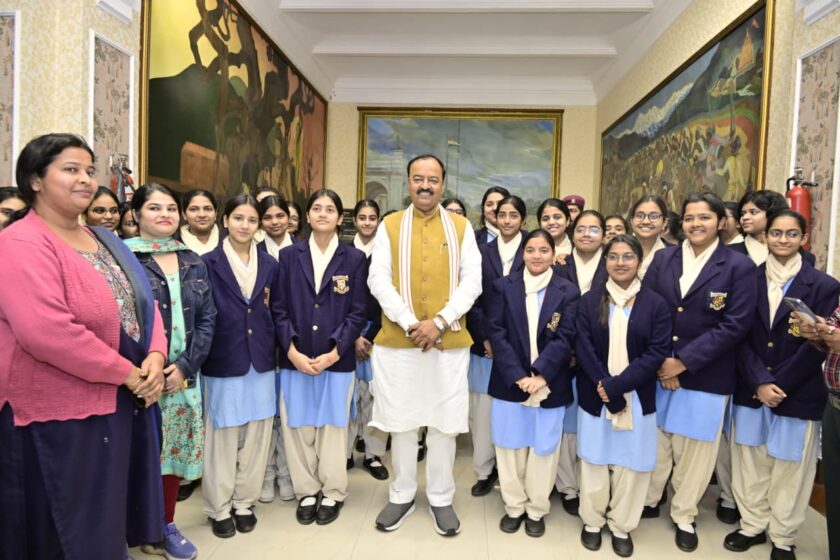Lucknow: The Yogi government is set to equip four government polytechnic institutes in the state with world-class facilities. This initiative aims to modernize technical education and provide students with an advanced academic environment. Polytechnic institutes in Sambhal, Mainpuri, Siddharthnagar, and Auraiya have been approved for infrastructure expansion. The institutions include Government Polytechnic, Chandausi (Sambhal), M.M.I.T. (Siddharthnagar), Government Polytechnic, Chhacha Bhogaon (Mainpuri), and M.M.I.T. (Auraiya).
These colleges will soon have language labs, lecture halls, tutorial rooms, and girls’ common rooms for student convenience. Additionally, a 50-seater seminar hall and boundary walls for campus security will be constructed. The government has sanctioned crores of rupees for this initiative, with official orders already issued.
This Yogi government decision will give a new dimension to technical education. The development of state-of-the-art laboratories and infrastructure will provide students with better practical training, making them skilled according to industry requirements. Under Chief Minister Yogi Adityanath’s vision, special attention is being given to linking youth with technical education to enhance employment opportunities and self-reliance. The state government has been continuously working on upgrading ITIs, polytechnic, and engineering colleges.
As part of the ‘Mission Rojgar’ (Employment Mission), the government has invested extensively in improving the infrastructure of technical institutions. The objective of the Yogi government is to position Uttar Pradesh as a leading state in technical education. This initiative will not only benefit students with better facilities but also assist teachers and administrative staff in conducting the teaching-learning process more effectively.

Yogi government’s efforts mark another significant step toward modernizing and enhancing technical education in the state. With this initiative, young students will gain quality education and essential skills for the future, further accelerating the state’s industrial progress.










